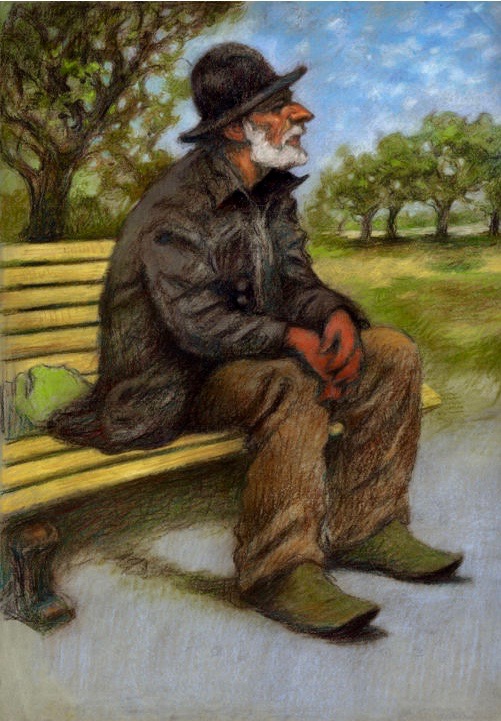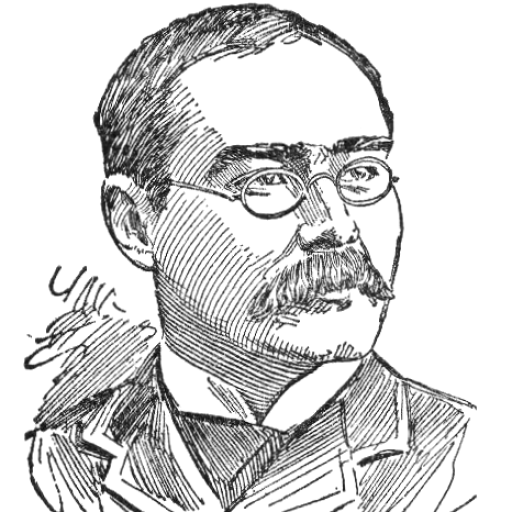The ‘appy roads that take you o’er the world …

A sestina is a poem composed of six verses, each consisting of six lines, where six words (here “all”, “world”, “good”, “long”, “done”, and “die”) make up the line endings in all six verses – each time in a different, prescribed order. A sestina ends with an “envoi” consisting of six half-lines, also finishing with the same six words. Kipling, with his enormous versatility in the craft of poetry (practically each of his poems is written in a different verse-form!), handled this difficult form too.
“Speakin’ in general”, this is my all-favorite Kipling poem, because it expresses what I have always felt: that nothing is good in life except change itself – it is the newness which gives every experience its freshness. What use is a luxury hotel if you take its comforts for granted? Only if you have roughed it for a while in a tent can you really enjoy the luxury hotel when you get there. The ‘Sestina’ reminds us that the essence of life is renewal. When Bob Dylan said, “those who are not busy getting reborn every day are busy dying”, he was echoing the feeling of Kipling: “But presently you feel that you will die / Unless you get the page you’re readin’ done / An’ turn another – likely not so good; / But what you’re after is to turn ’em all …”
Sestina of the Tramp-Royal
Speakin' in general, I 'ave tried 'em all - The 'appy roads that take you o'er the world. Speakin' in general, I 'ave found them good For such as cannot use one bed too long, But must get 'ence, the same as I 'ave done, An' go observin' matters till they die. What do it matter where or 'ow we die, So long as we've our 'ealth to watch it all - The different ways that different things are done, An' men an' women lovin' in this world; Takin' our chances as they come along, An' when they ain't, pretendin' they are good? In cash or credit - no, it aren't no good; You 'ave to 'ave the 'abit or you'd die, Unless you lived your life but one day long, Nor didn't prophesy nor fret at all, But drew your tucker some'ow from the world, An' never bothered what you might ha' done. But, Gawd, what things are they I 'aven't done? I've turned my 'and to most, an' turned it good, In various situations round the world - For 'im that doth not work must surely die; But that's no reason man should labour all 'Is life on one same shift - life's none so long. Therefore, from job to job I've moved along. Pay couldn't 'old me when my time was done, For something in my 'ead upset it all, Till I 'ad dropped whatever 'twas for good, An', out at sea, be’eld the dock-lights die, An' met my mate - the wind that tramps the world! It's like a book, I think, this bloomin' world, Which you can read and care for just so long, But presently you feel that you will die Unless you get the page you're readin' done An' turn another - likely not so good; But what you're after is to turn 'em all. Gawd bless this world! Whatever she 'ath done - Excep' when awful long - I've found it good. So write, before I die, "'E liked it all!"
